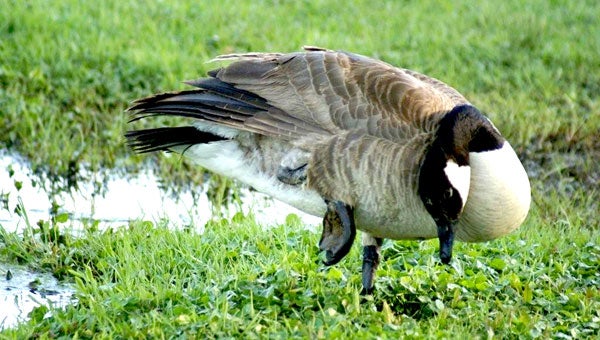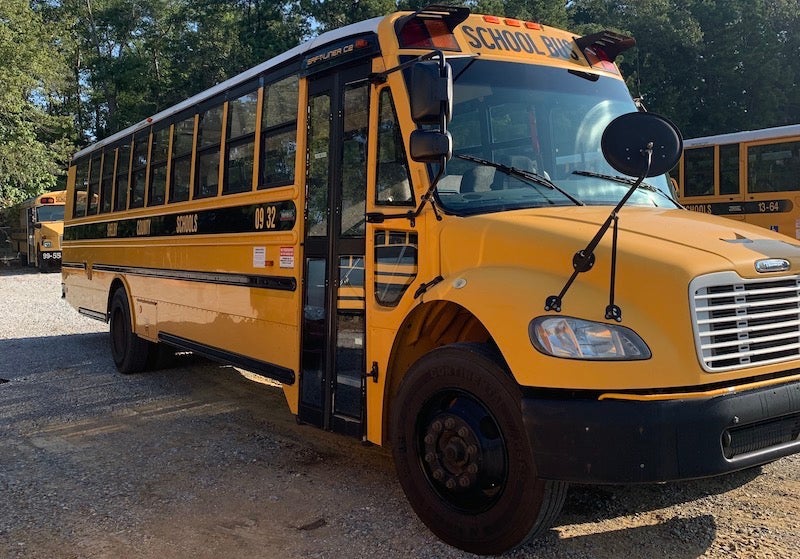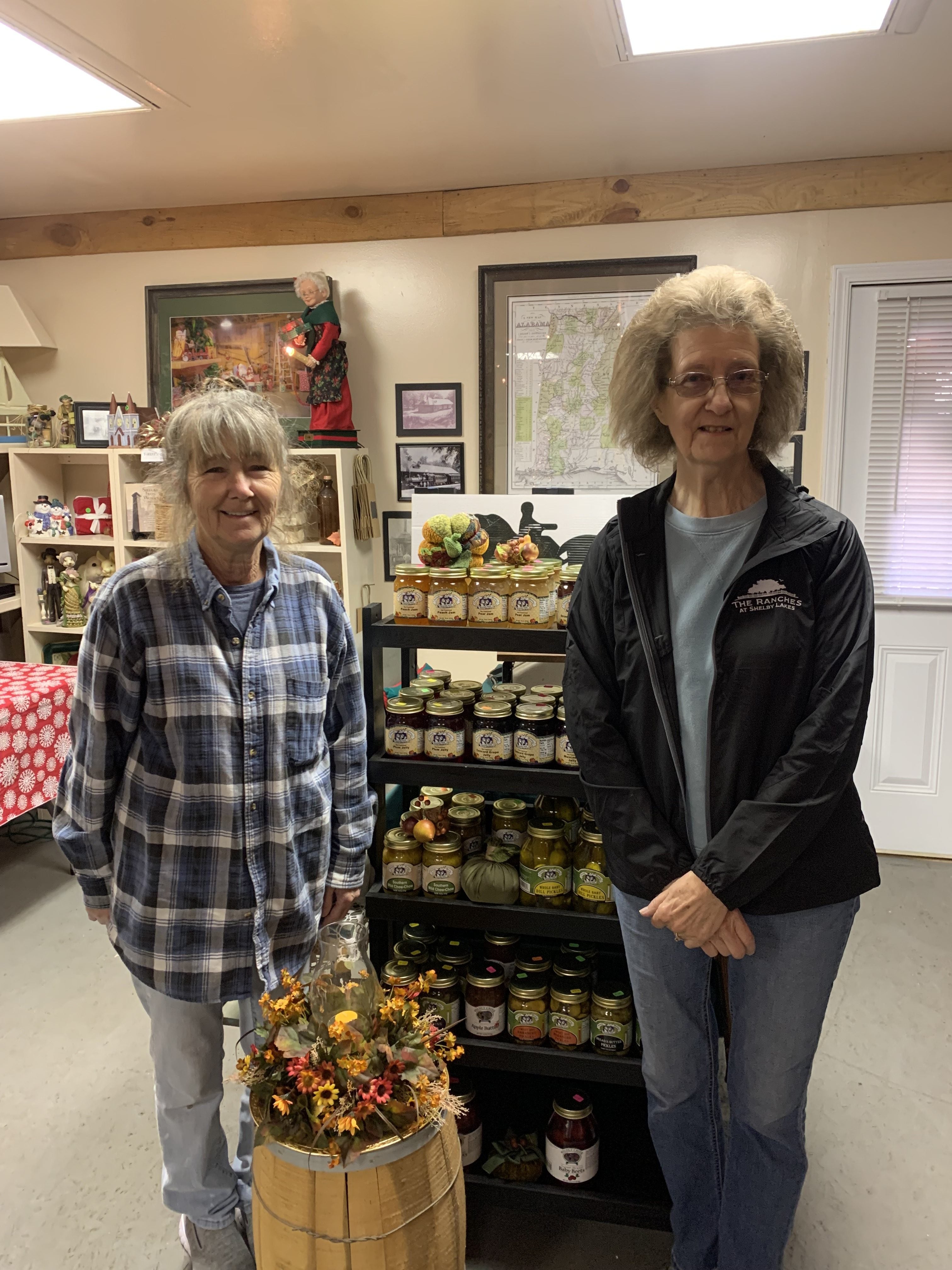Heads up on goose etiquette
Published 1:00 pm Tuesday, May 29, 2012

This is St. Francis, a gander who retains a slight limp from an encounter with fishing line. Helena residents Melissa and Stephen Pridmore helped remove fishing line from both legs one evening when he flew in. Even then, his survival was precarious. Water therapy seemed to relax the muscles and speed his recovery and a week later he was seen grazing at the nearby cemetery on both legs. (Contributed/Karen Rosenow)
By LAURA BROOKHART / Community Columnist
“Every summer, starting in early June, about 160 geese begin flying in to Helena for the annual molt — a six-week period in which geese replace worn flight feathers with new. During that time, they are unable to fly. Their wing feathers also drop off, one by one. This is a larger number of geese than usual at Joe Tucker Lake but they come because they feel safe here,” Mary Lou Simms told me as we watched the five new ducklings born to our local pair called The Grandparents.
“Last summer, Helena residents and visitors were exceptionally kind to the geese, who become fairly miserable and a bit cranky, a combination of the hot weather and the frustration of being unable to fly.”
Meanwhile, Simms said, it is important that everyone continue to observe some rules, which she calls Goose Etiquette.
1. Keep your distance from parents with newborns.
Let them get used to your presence by standing or sitting nearby first.
2. Please do not allow children or dogs to chase the geese. During the molt, they are unable to readily escape; putting the young at risk. There are also several crippled geese within the ranks of the visiting geese.
There is Auburn, who is blind in one eye. A crippled gander with a mangled foot, the result of fishing line, is called Alabama.
3. Use this time to teach youngsters about the wonders of wildlife. Geese are the world’s most doting parents and can provide many teachable moments on the importance of caring for young.
Youngsters also have much in common with goslings that, like children, like to be mischievous and have fun. You will frequently see the babies chasing off ganders a dozen times their size. That is acceptable in geese society.
4. Obey the speed limit. There will be more geese than usual and while they fear many things, cars do not seem to be one of them.
5. Do not leave fishing line or hooks around.
6. There will be a lot more poop than usual. Walk around it. Research shows that geese feces are basically harmless. If you step in it, wash it off. That’s it.
7. Do not throw bread into the lake unless there is a duck, turtle or goose waiting for it. Geese could use a little extra food during this time — cracked corn or grains or bits of wheat bread. Do not give the goslings bread, however, because it can stunt their growth.
“In July, the spectacle of geese leaving en masse is fabulous,” said Simms. They will wait until everyone’s new feathers are in. No goose is left behind. Then they fly off in large flocks. If you happen to be around to experience the overall group joy at being airborne once more — you will be treated to an unforgettable sight.”
Laura Brookhart can be reached by email at labro16@yahoo.com.









